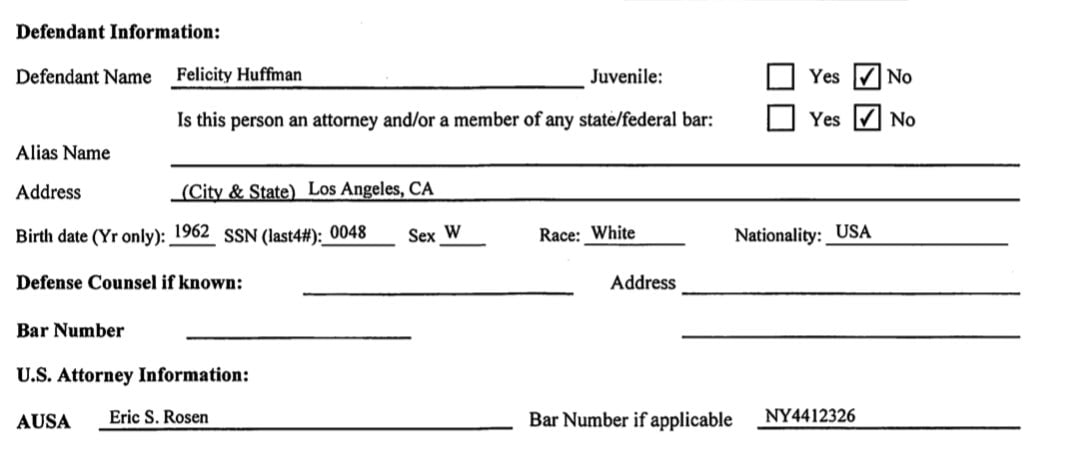The Lori Loughlin and Felicity Huffman case shows how corrupt US college admissions can get
There is supposedly no such thing as bad press. Yet actresses Felicity Huffman and Lori Loughlin may beg to differ now that they’ve been named as defendants in a criminal cheating conspiracy that prosecutors say was aimed at getting the children of the elite into top US universities.


There is supposedly no such thing as bad press. Yet actresses Felicity Huffman and Lori Loughlin may beg to differ now that they’ve been named as defendants in a criminal cheating conspiracy that prosecutors say was aimed at getting the children of the elite into top US universities.
They are among about 50 defendants named in a federal criminal complaint unsealed in Massachusetts today (March 12).

The accused were allegedly involved in a scheme, in existence since 2011, to get their children into elite schools like Stanford, Yale, University of Texas at Austin, UCLA, and Georgetown by providing false information based on exams the kids didn’t take and skills they don’t possess. (The schools are not accused of wrongdoing.)
Loughlin is best known for her role as Aunt Becky in the popular 1980s and ’90s sitcom Full House and the current Fuller House reunion series, now on Netflix. Her husband, designer Mossimo Giannulli, was also charged. Huffman starred in the ABC hit Desperate Housewives and was nominated for an Oscar for her performance in Transamerica.
Both Loughlin and Huffman are charged with conspiracy to commit mail fraud and honest services fraud for making payments to the facilitators of this scheme.

According to the sworn affidavit of FBI special agent Laura Smith of the Economic Crimes unit, the defendants generally conspired to do the following:
- to bribe college entrance exam administrators to facilitate cheating on college entrance exams;
- to bribe varsity coaches and administrators at elite universities to designate certain applicants as recruited athletes or as other favored candidates, thereby facilitating the applicants’ admissions to those universities; and
- to use the facade of a charitable organization to conceal the nature and source of the bribe payments.
In other words, not only did parents allegedly arrange for their kids to cheat and get into schools they would not otherwise be accepted to, but they also made illegal payments to a pretend charity for “disadvantaged youth.” This also raises the question of whether the accused also deducted the payments from their taxes afterward as charitable contributions, making cheating a doubly good deal.
Huffman is accused of paying $15,000 to have her daughter’s SAT location changed and arranging for her to get more time and a better score. She ultimately got a 1420, which is 400 points higher than her PSAT score. Someone else took the test, according to the complaint. Meanwhile, Loughlin and Giannulli are accused of paying $500,000 to have both of their daughters designated as recruits to the University of Southern California crew team, though they didn’t participate in the sport in high school.
Behind the scheme, prosecutors say, is William Rick Singer, founder of a college-preparation business based in Newport Beach, California. Prosecutors contend that ambitious parents paid Singer between $15,000 and $75,000 per test to have someone else take the SAT or ACT exams in their children’s stead (that individual was paid $10,00 per test, according to the complaint) or to have their answers replaced. Singer advised parents to have their kids seek “extended time on the exams, including by having their children purport to have learning disabilities in order to obtain medical documentation,” according to the indictment.
Neither Huffman nor Loughlin have responded to reporters’ requests for comment.
In all, it’s believed that $25 million was paid out over eight years by hopeful parents on behalf of their not-quite-as-promising-as-one might-hope kids. The sum makes college tuition at even the most expensive institutions seem minimal. The case also shows that “faking it till you make it” is a concept that applies even to those who might seem to have it all. Apparently, not even the law is considered an obstacle for some among the very rich who want the very best for their kids.